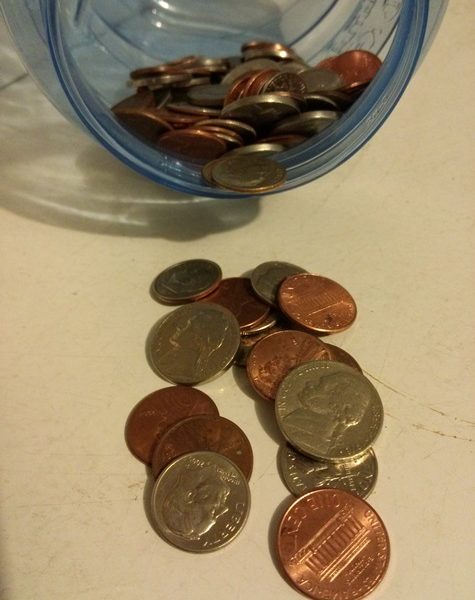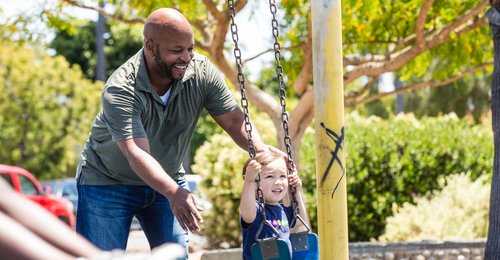The Dirty Little Secret about Campaigns: Many cheat their employees
I decided to run for the San Diego County Board of Supervisors to fight for children. All children. Actually, all young people from babies to young adulthood. I also care deeply about senior citizens, in large part because I saw how hard it was for my own 84-year-old mother as she aged. I am an attorney by training, so I believe in the rule of law, and I have to say I was more than a bit appalled when I learned that many campaigns cheat the people who work for them.
I realized early on that to mount a serious campaign for a race with almost 100,000 people voting I needed professional help and I needed fundraising support. I retained a consultant and then, owing to some quirks in California law, hired two staff to help with fundraising. During the interview process, something jumped out at me – basically no one was used to being paid what the law in this state required! I have heard progressive friends and advocates talk about wage theft but I never imagined what I’d find. Almost everyone I spoke to said they were used to being “hired” as a 1099 independent contractor – a way to get around paying payroll tax, paid sick leave, and other essential costs. Worse, the few who did get hired as employees were essentially working for far less than minimum wage as misclassified employees rather than hourly ones with overtime and such.
I wondered, given how many people in my race for the Board of Supervisors have run multiple races before, how they paid their campaign staff in current and prior elections. As a private sector lawyer with business clients in the past who got sued all the time for this kind of stuff, I wondered how widespread this was over the last several election cycles. Unfortunately, I am not a journalist and I have never seen a local journalist dig into this issue, so we may never know how widespread it is in San Diego.
I do know this, for everyone working on my campaign, if you do work that properly qualified as salaried work, you get paid at least what the law requires ($41,600 in California in 2017). I found out about a training the local Democratic Party was doing so I asked if they offered any guidance about proper payment of campaign employees. It turns out they don’t offer this, so I hired an election lawyer to make sure we were on the up and up.
I should add, though, that some campaigns hire consultants who employ their own staff to work on campaigns. This is a perfectly acceptable alternative. It’s probably not okay for a company or trade group to pay its employee and then “loan them out” on company time as a volunteer – but I have heard of all sorts of questionable arrangements that never get actually questioned because campaigns are, by their nature, relatively short-lived.
As far as we can tell, there is NO EXEMPTION for campaign workers! We are all bound by the same laws that companies and non-profits are. If you want to pay your employee minimum wage, they’d better be getting overtime. If you call them salaried, they’d better be making at least the amount above. Otherwise, like the many past campaigns my interviewees mentioned, you are breaking the law and cheating your workers.





![Episode 1: [Introduction] From foster care to attorney – luck, love, and the law](https://www.omarpassons.com/wp-content/uploads/2018/01/Podcast-Episode1.jpg)





